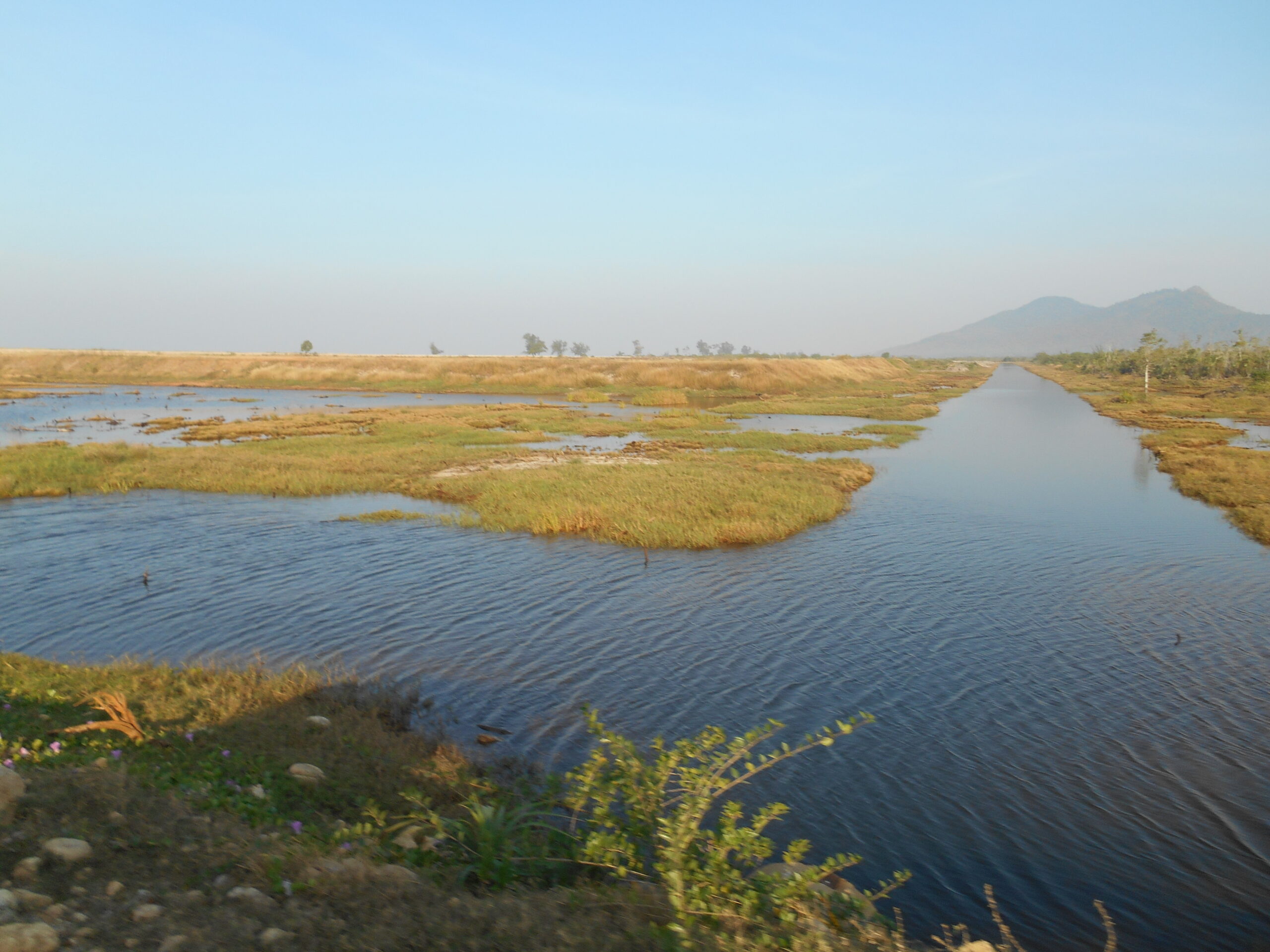An opinion piece by Vani Sathisan, ICJ International Legal Adviser in Myanmar and James Tager, a Harvard Satter Fellow with the ICJ.
Over the past three months, the ICJ has written to investors, developers, an international audit company and an environmental research institute to ask for the public disclosure of information relating to two of Myanmar’s largest economic development projects: The Dawei and Kyauk Phyu Special Economic Zones (SEZs).
The ICJ asked for information regarding environmental impact assessments, environmental management plans, and financial audit reports.
The ICJ received no substantive responses.
The Dawei (photo) and Kyauk Phyu SEZs, two of Myanmar’s three proposed SEZs, are key elements of the country’s economic development plans.
Transparency about the proposed projects is vital to ensure the protection of those whose rights will be affected by these massive investment projects. The Myanmar government, and interested investors, must remove the secrecy around these projects and provide the basic information requested regarding these projects.
In a country where businesses normally proceed without input from local communities, such secrecy has fostered serious human rights abuses, including land misappropriations, loss of livelihoods, serious environmental damage, and violent curtailments of freedom of expression and association.
The two SEZ projects will include a power plant, industrial zones, a natural gas terminal, a water reservoir, and substantial infrastructure, which can have massive effects on the environment and the health of nearby communities. The experience in Rakhine State, where the proposed Kyauk Phyu SEZ will be located, is instructive: development of gas fields and other resource extraction projects have been fraught with allegations of forced labour and the forced eviction of hundreds of farmers from their lands.
The companies operating in SEZs are not the only ones rejecting transparency.
When the Business and Human Rights Resource Centre recently wrote to over a hundred foreign companies operating in Myanmar, seeking details on their activities and human rights commitments, only a quarter responded with relevant information, another quarter provided general statements, and approximately half failed to respond altogether.
Lack of transparency around projects with potentially harmful environmental and social impacts can leave communities vulnerable to abuse. They can also affect investors, exposing them to project delays, litigation, and reputational damage.
Myanmar is increasingly seeing examples where lack of transparency at the early stages of a project hurt companies—and more important, the communities among which they work.
The Letpadaung copper mining project, a joint venture between Chinese-owned Myanmar Wanbao and the military-owned Myanmar Economic Holdings Limited, has displaced hundreds of families amidst an opaque land acquisition process and a lack of genuine consultations with the affected communities.
Protests about the mine were quelled with police firing white phosphorous to break up a protest in 2012 and the shooting death of a protestor in 2014.
Wanbao finally published its environmental and social impact assessment (ESIA) report just last week, but only after Letpadaung had attracted unwanted attention as an example of human rights abuses and corporate malfeasance.
Even where laws for corporate transparency exist, for instance the human rights reporting requirements imposed by the United States government, some US companies avoid disclosing their investments and activities in Myanmar, at times by incorporating in other jurisdiction such as Singapore.
Notwithstanding such evasive tactics, the responsibility ultimately rests with the Myanmar government to hold investors to account by enforcing regulations, including demands for corporate transparency and the country’s environmental regulations – such as they are.
Myanmar’s Environmental Conservation Law currently mandates an Environmental Impact Assessment (EIA) for all investment projects, but the law still lacks clear and enforceable environmental controls. The EIA Procedures, which would set out the specific requirements for EIAs under the Law, remain in draft form.
The most recent draft that the ICJ has seen includes the requirement that project proponents share the EIAs with civil society and local communities. It is vital that these disclosure provisions remain in the final EIA Procedures.
Corporate officers and government officials will continue to refuse to disclose EIA results if they do not believe that working with affected communities is an obligation.
But Myanmar’s government has the obligation, under international law, to uphold the rights of its people to informed participation in environmental decision-making.
These obligations must start with government officers committing to sharing information with communities affected by proposed projects, and must continue with enforcement of regulations ensuring that corporate actors do the same.
When it comes to questions about the environmental effects of projects that will affect Myanmar’s communities, silence cannot be the answer.

